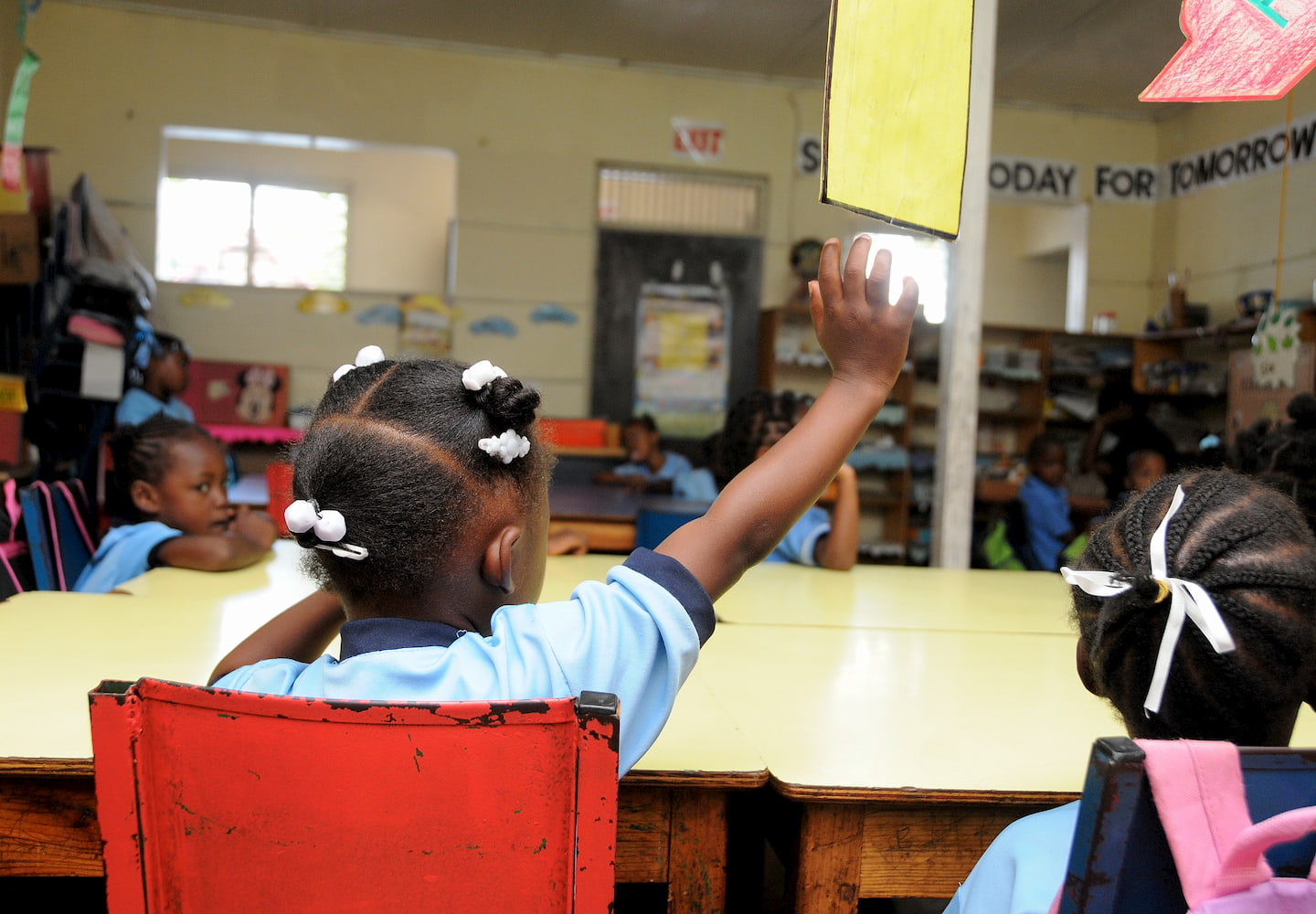For decades, academics, researchers, practitioners and individuals from disciplines outside of education have been at loggerheads over whether the teaching profession is an art or a science.
Certainly, my intention is not to wade into that debate but to explore some of the complexities of the teaching and learning process.
One of the evolutions in the field is that there is a worldwide thrust for education practitioners to take on a more student-centred approach to learning. In fact, UNICEF has encouraged practitioners to be guided by learning and teaching, rather than teaching and learning.
In its simplest form, the learning process should guide teaching. However, it is imperative that as a modern society, we understand and appreciate some of the historical backgrounds to teaching and the implications that have skewed the perception of teachers, their practice, as well as their roles and responsibilities to nation building.
Change is inevitable and so teachers must adapt to an ever-evolving world. Teaching in Jamaica has transcended eras. I am particularly concerned, though, that there are those among us in the Jamaican society who ridicule, tarnish and underestimate the value and importance of teachers in the grand scheme of things.
In fact, while at the barber shop on the weekend, I was most annoyed by a customer who sought to proffer how Jamaican teachers have allowed the deterioration of the society, fuelled crime and violence, underprepared students, and have demonstrated extreme degrees of inefficiency. The gentleman, who appeared to be twice my age, attempted to discredit teachers with a blatant accusation of how uneducated we are.
In his arguments, he sought to disregard everything a teacher does and he has yet to acknowledge, among other things, the pivotal role of parental involvement and the personal agency of the student/child in the learning and teaching process.
In 2003, Hordatt Gentles explored in one of her studies the colonial era of teacher education during the years 1838 and 1962. According to her, teacher education embraced an authoritarian ideology towards teacher training. Additionally, she indicated that teachers were trained to believe that blacks were inferior and should adhere to a low social status.
The research literature from this era also indicated that the government’s aim was to “socialise black children to be obedient, submissive, willing and hardworking colonial citizens”. Studies in this area will also posit that student teachers at The Mico Teachers’ College had to clean the grounds and tend to vegetable gardens, while at Shortwood Teachers’ College, pre-service teachers, in addition to the teacher training, were trained to be average ‘domestic girls’.
Certainly there are many pros that could be extrapolated from these tasks assigned to pre-service teachers, but we also need to acknowledge the then ulterior motives of those in control. The intention was to ensure that pre-service Jamaican teachers understood that although they were being educated, they should be cognisant of the fact that their social status remained inferior.
On the other hand, a benefit that was derived from this was that teachers then were held in high regard and esteem. In a study conducted by Hall and Bryan in 1997, it was advanced that prospective teachers were from small districts and participated in “a greater mission to raise the people up from ignorance, and help in the development of society”.
Teacher Quality vs Teaching Quality
As time passes, the Jamaican society has apparently lost respect for the teaching profession. Arguably, one of the main issues highlighted are the matriculation requirements for teacher training. Currently, to enter teacher training, one only needs to attain a minimum of five subjects at the Caribbean Secondary Education Certificate (CSEC) level. This compounds the issue when the conclusion is drawn that those who enter teacher training are not ‘bright’, or did not have the academic background to enter other fields such as law and medicine.
I agree that at some point in time, we may need to revisit the matriculation criteria. However, I am wholeheartedly convinced that the training provided today at teachers’ college is transformational and has endeavoured to produce quality teachers who are lifelong learners. It would be remiss of me to think that there aren’t some bad apples in the profession, but let he from another profession who is without sin cast the first stone.
Teacher quality and teaching quality are significant components of teaching. While teacher quality explores the academic background, licensure, adherence to standards, expertise in subject matter and professionalism, teaching quality deals with the teacher’s personality, beliefs and values, as well as the training received. The literature in this regard is certainly vast, but the conclusion can be made that teacher quality certainly impacts teaching quality, and vice versa.
As a society, we have devalued the profession and relegated teachers to almost naught. Consequently, for us as practitioners and for those who plan to enter the field, it is our duty and obligation to ensure that our dispositions, competencies, values, practices, mannerisms, academic pursuits and achievements represent the highest of standards. Despite the complexities of teaching, we need to indicate to society that we can hold our own and that we are critical to national building.
Let me reiterate that teaching carries with it a myriad of complexities unknown and unappreciated to the average man who, without training and experience, believes he has the authority to assess the effectiveness of a teacher.
Additionally, as some individuals seek to devalue teaching, it is important that we understand the historical premise on which teacher training was established in Jamaica and the implications for learning and teaching today. I have no doubt that teacher quality and teaching quality determine the level and quality of student outcomes, but let us be reminded that as a nation, we must work collaboratively if we are to achieve Vision 2030 and Sustainable Development Goal 4.
Keriffe Clark is the president of the Association of Graduate Researchers in Education at The University of the West Indies, Mona, and programmes officer at the National College for Educational Leadership. Email feedback to viewpoints@gleanerjm.com kerclrk@gmail.com.







